
Pharmaceutical workers take extra shifts to meet surging demand for medicine at a production base in Beijing on Sunday.(GAN NAN/FOR CHINA DAILY)
Beijing is speeding up efforts to offer drugs for people suffering from a surge in COVID-19 during the ongoing outbreak of the Omicron variant.
The demand for medicines treating flu-like symptoms such as fever, cough and ache saw a significant increase in the capital recently as new infections rise rapidly. Many residents failed to buy drugs in short supply, such as common cold medicine Lianhua Qingwen and anti-fever medications acetaminophen and ibuprofen.
To cope with the situation, five major pharmaceutical wholesalers in Beijing have revved up logistics services to quickly transport medicines to hospitals and drugstores, Beijing Daily reported.
At the distribution center of China Resources Pharmaceutical Group, trucks lined up to load drugs in mid-December. Ma Chunlin, a driver, woke up at 3:30 am to fetch drugs from the center and send them to warehouses in different districts and hospitals. With a special traffic pass for drug logistics, Ma can freely drive any time of day.
"My workload is double normal times," he told the paper.
Within a week till Tuesday afternoon, the company distributed 3.5 million boxes of anti-COVID drugs to about 300 medical institutions, 2,200 community service centers and 3,000 retail pharmacies.
Huang Dan, deputy general manager of the Beijing regional branch of the company, said Lianhua Qingwen, ibuprofen and 999 Cold Remedy have arrived in Beijing and it would help maintain supply.
Huang told The Beijing News that the excessive demand resulted from people's view of the disease. "Stocking up on drugs is unnecessary," Huang said. "For example, a patient only needs one box of febrifuge to follow the course of the disease."
Major online medical service platform JD Health also felt pressure on its supply chain. Its sales for flu and cough drugs grew by 40 percent this year.
So far, JD Health has cooperated with over 30 pharmaceutical companies to make sure customers can purchase quality drugs at stable prices, said Wang Yiting, general manager of the pharmaceutical business department of JD Health.
As netizens complain they are waiting a long time for delivery, Wang said it is hiring more deliverymen to cope with backlogs of orders, and the pressure is expected to ease when drug production and logistics improve.
She suggested residents buy drugs according to the number of family members and the usage requirements for five to seven days.
The Beijing government has established a special working group to target emergency security for medical supplies, to solve challenges for companies such as transportation and human resources in order to speed up the drug circulation and meet residents' demands.
Vice-Premier Sun Chunlan said on Tuesday that securing access to medical services and medications is the most pressing task at the moment amid the recent fight against the disease in Beijing.
Sun said production of needed drugs and testing kits has been accelerated and the overall demand of residents can be met.
Zhou Jian, an official from the Ministry of Industry and Information Technology, said at a news conference on Wednesday that the nation's production capacity of medicines can meet people's needs, and the ministry has helped pharmaceutical companies update their technologies or build up new production lines to improve throughputs.
"Facing the great demand of the market, we let patients, medical institutions and nursing homes have the privilege of getting medicines and organizing pharmacies to open online stores to deliver medicines to people," he added.








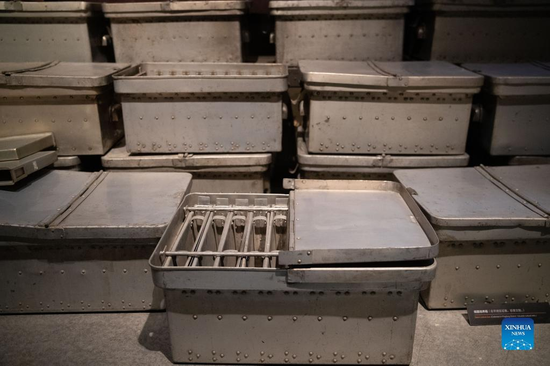



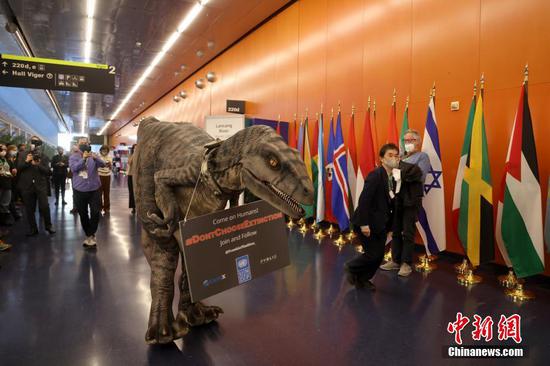
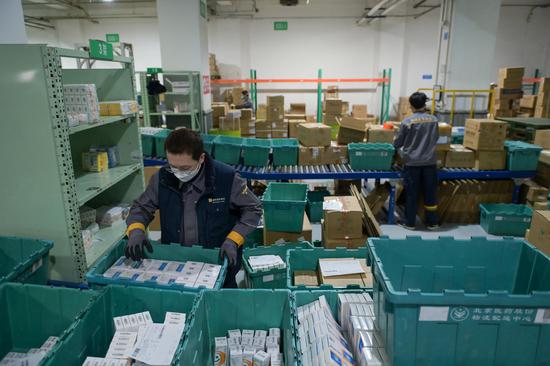
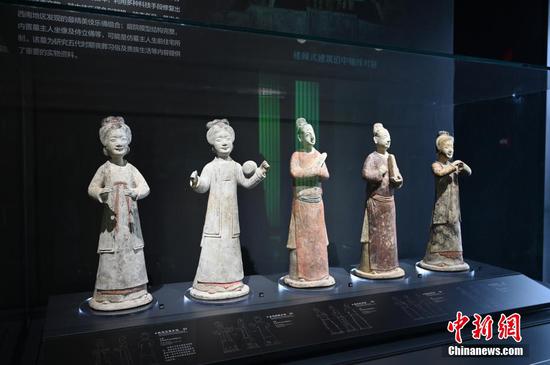
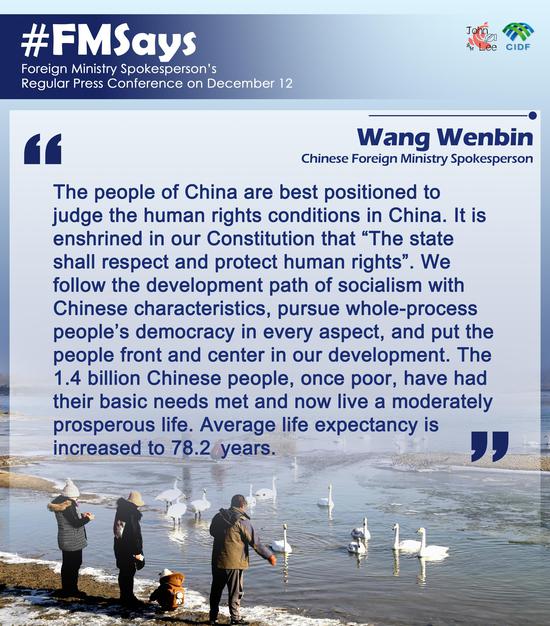
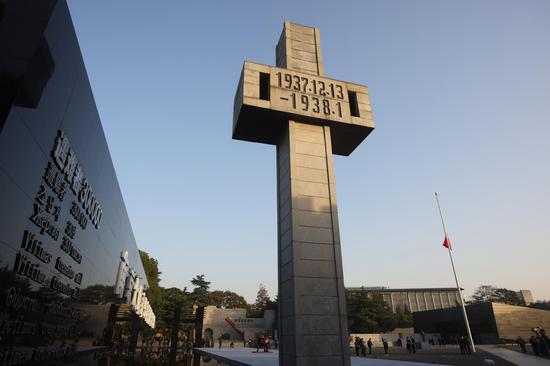

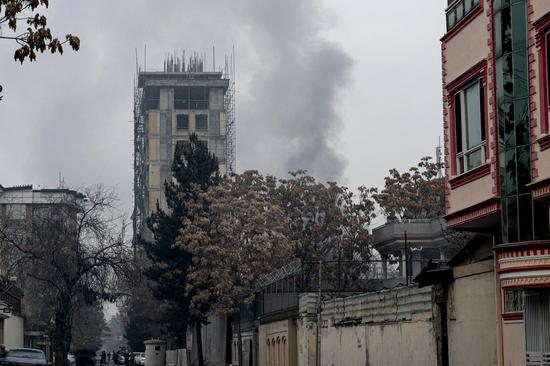


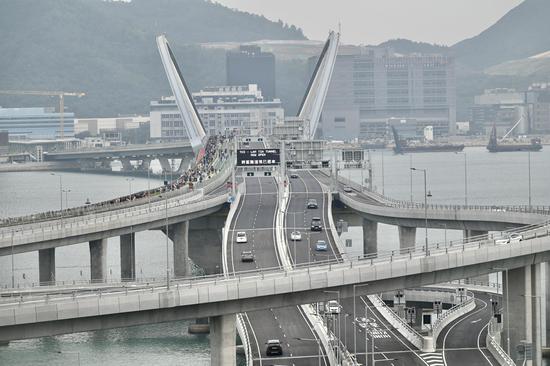



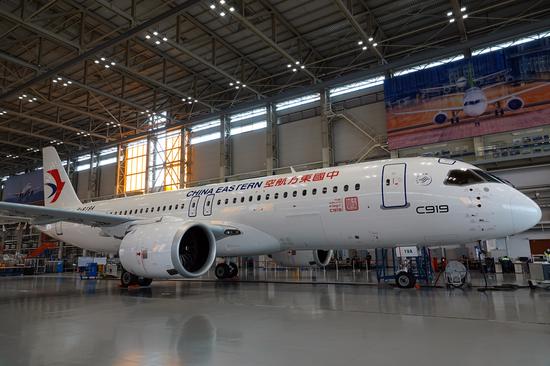

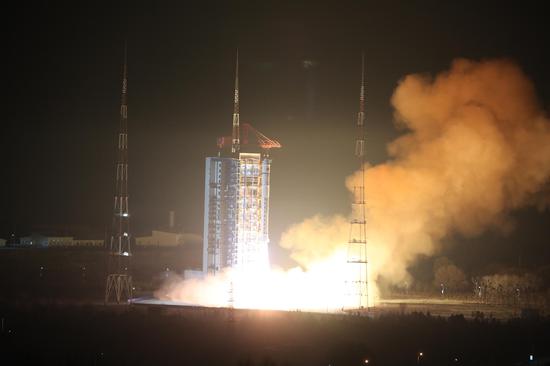
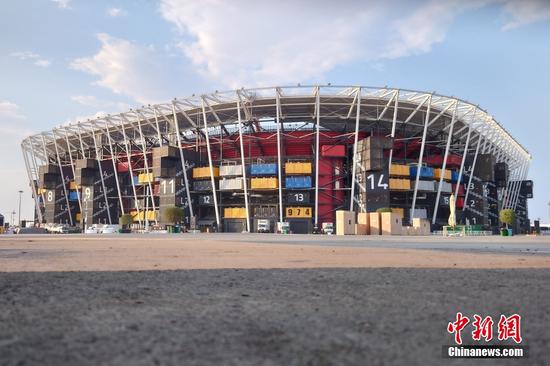










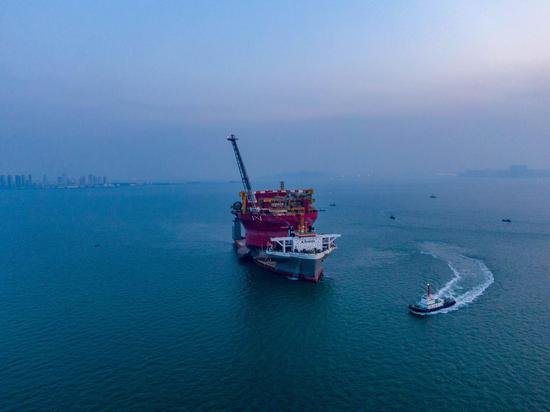
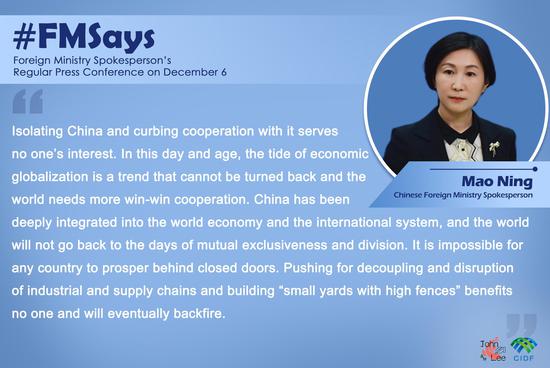
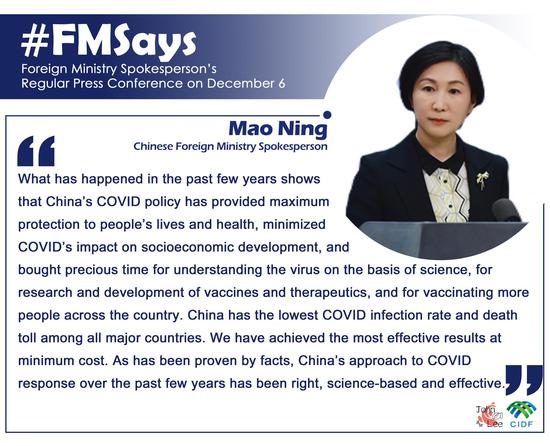

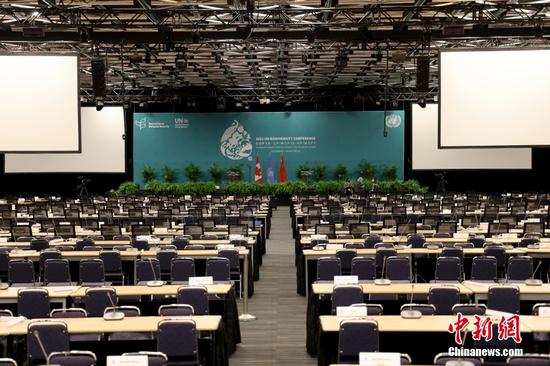
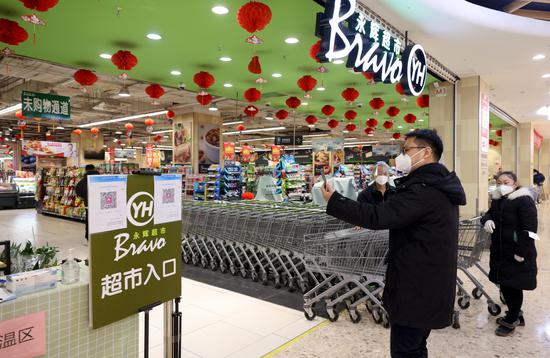





 京公网安备 11010202009201号
京公网安备 11010202009201号